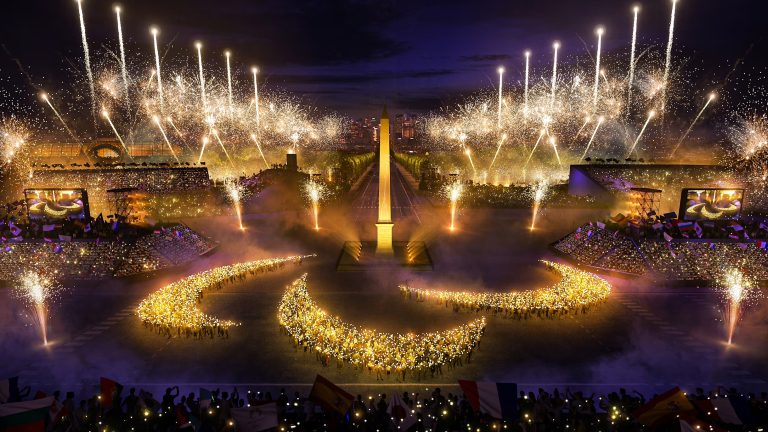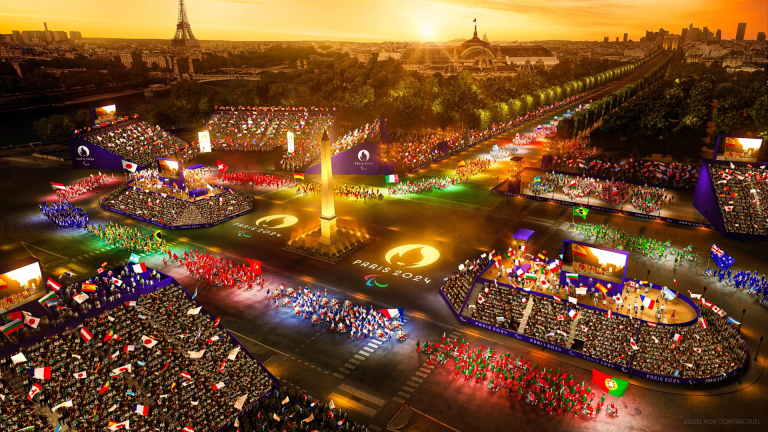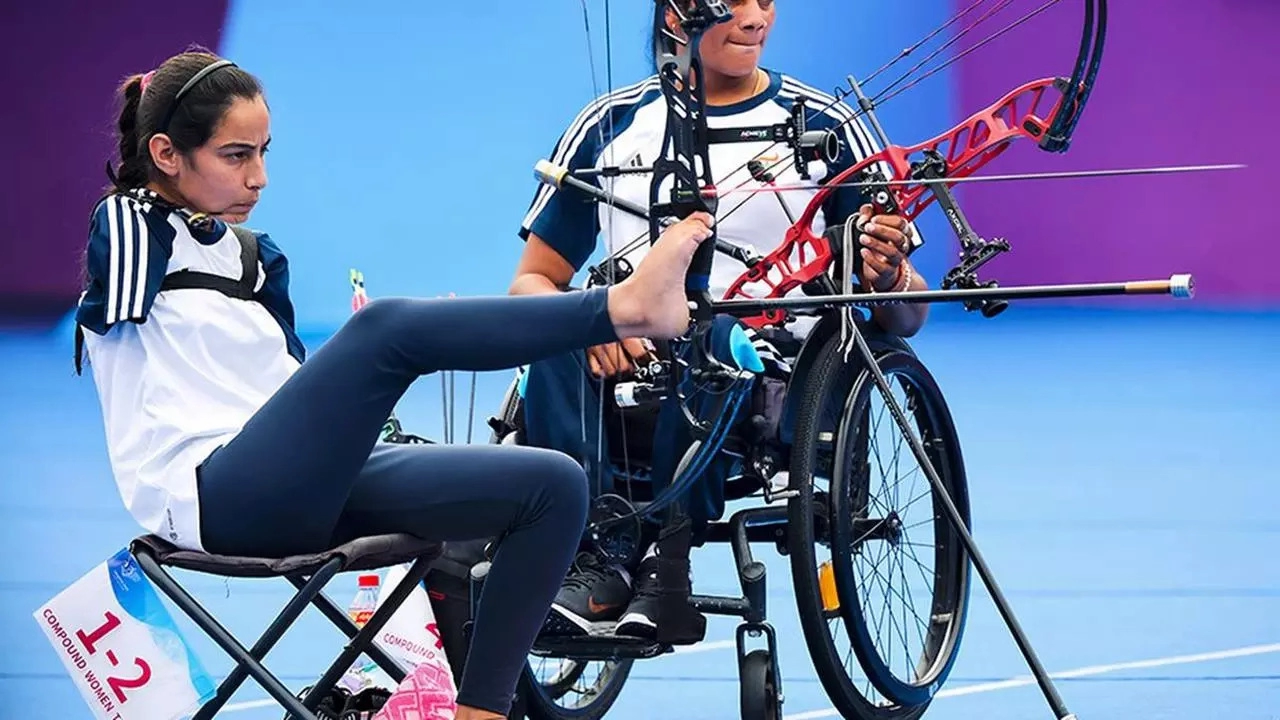The Paris 2024 Summer Olympics will mark a significant milestone in the history of the Games, as the French capital hosts the event for the third time, following previous editions in 1900 and 1924. Scheduled from July 26 to August 11, 2024, the Games are expected to bring together over 10,000 athletes from around 200 nations, competing in a diverse range of sports disciplines. Paris 2024 aims to deliver a spectacular and innovative experience by introducing new sports such as breaking (breakdancing) and emphasizing gender equality, with an equal number of male and female athletes participating for the first time in Olympic history. The event will utilize iconic venues across the city, including the Stade de France, Grand Palais, and even temporary setups like a beach volleyball court beneath the Eiffel Tower, showcasing France’s rich cultural heritage alongside athletic excellence.
Preparations for Paris 2024 have been deeply rooted in principles of sustainability and legacy. The organizing committee has committed to hosting the most environmentally responsible Games yet by minimizing carbon emissions through the use of existing and temporary structures, promoting public transportation, and implementing comprehensive recycling programs. Additionally, the Games are designed to leave a lasting positive impact on local communities by investing in urban development projects, enhancing sports facilities, and fostering social inclusion programs. Economic benefits are also anticipated, with job creation and increased tourism expected to boost the local and national economy both during and after the event.
The Olympics are conducted as a global celebration of sporting prowess, unity, and peace, tracing back to their ancient origins in Greece and revived in the modern era to foster international cooperation and understanding. The Games provide a unique platform for athletes from diverse backgrounds to come together, transcend political and cultural differences, and inspire billions around the world through their dedication, talent, and sportsmanship. Paris 2024 embodies these enduring Olympic values by promoting diversity, innovation, and community engagement, aiming not only to deliver unforgettable athletic performances but also to inspire future generations and contribute positively to society at large. Through the shared language of sport, the Olympics continue to unite people across the globe, reminding us of our common humanity and collective aspirations.
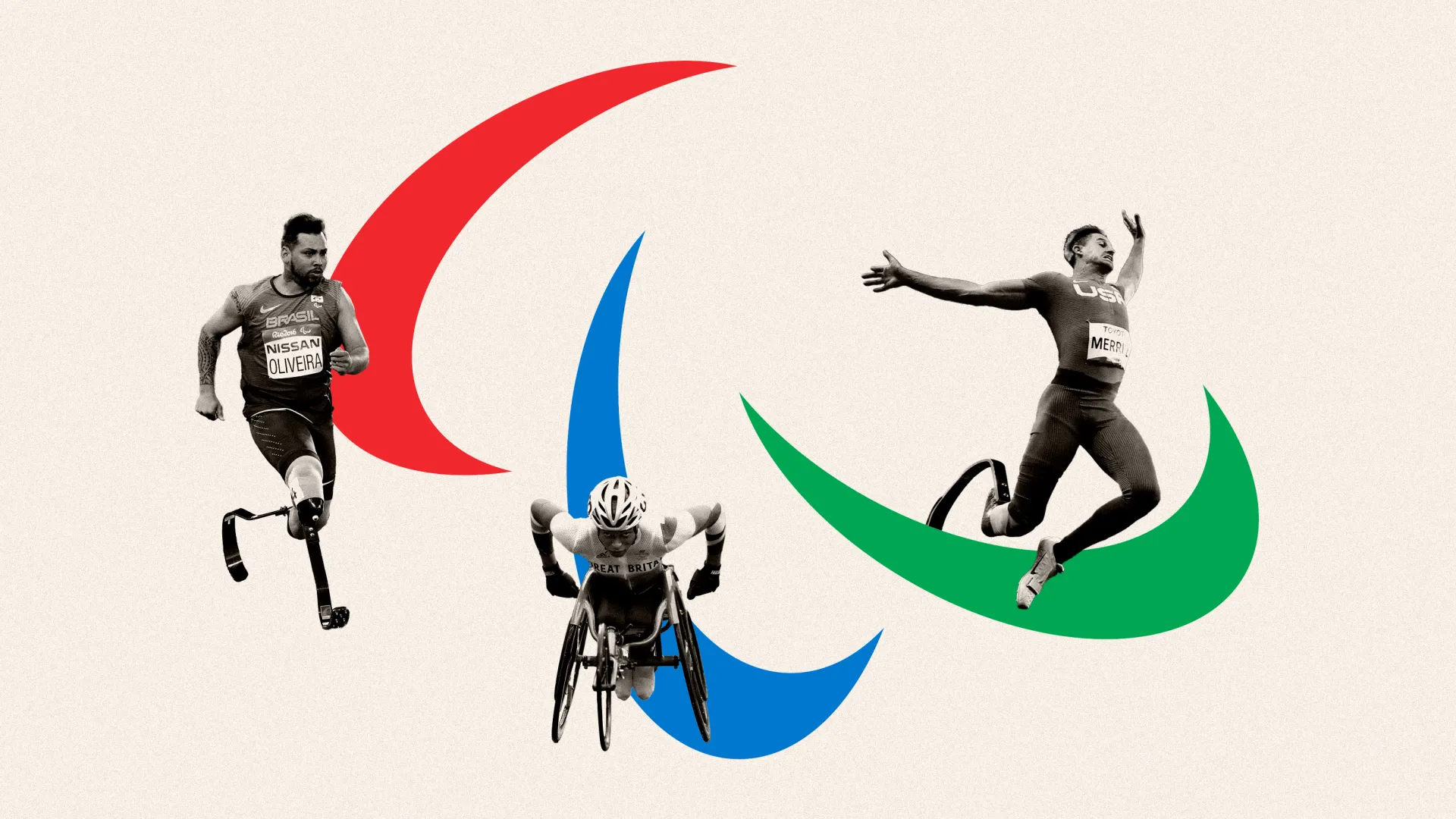 What Is Paralympics
What Is Paralympics
The Paralympics is a prestigious international multi-sport event that provides a platform for athletes with physical, sensory, and intellectual disabilities to compete at the highest level. Held every four years, following the Olympic Games, the Paralympic Games bring together thousands of athletes from around the world who demonstrate exceptional skill, determination, and resilience. The competition includes a wide range of sports, such as track and field, swimming, wheelchair basketball, and para-cycling, each tailored to accommodate different types of disabilities. The event celebrates the achievements of these athletes, who often overcome significant challenges to perform at an elite level, serving as an inspiration to millions of people globally.
The history of the Paralympics is deeply rooted in the pursuit of inclusion and empowerment for people with disabilities. The movement began in 1948 when Sir Ludwig Guttmann organized a sports competition for World War II veterans with spinal cord injuries in Stoke Mandeville , England. This event laid the foundation for the first official Paralympic Games in Rome in 1960. Since then, the Paralympics have grown significantly in scale and importance, evolving into a major global sporting event that not only showcases athletic excellence but also challenges societal perceptions of disability. The Games play a vital role in promoting awareness, fostering inclusion, and advocating for equal opportunities for all individuals, regardless of their physical or intellectual abilities. Through the Paralympics, the world is reminded that sport has the power to break down barriers, change attitudes, and create a more inclusive and equitable society.
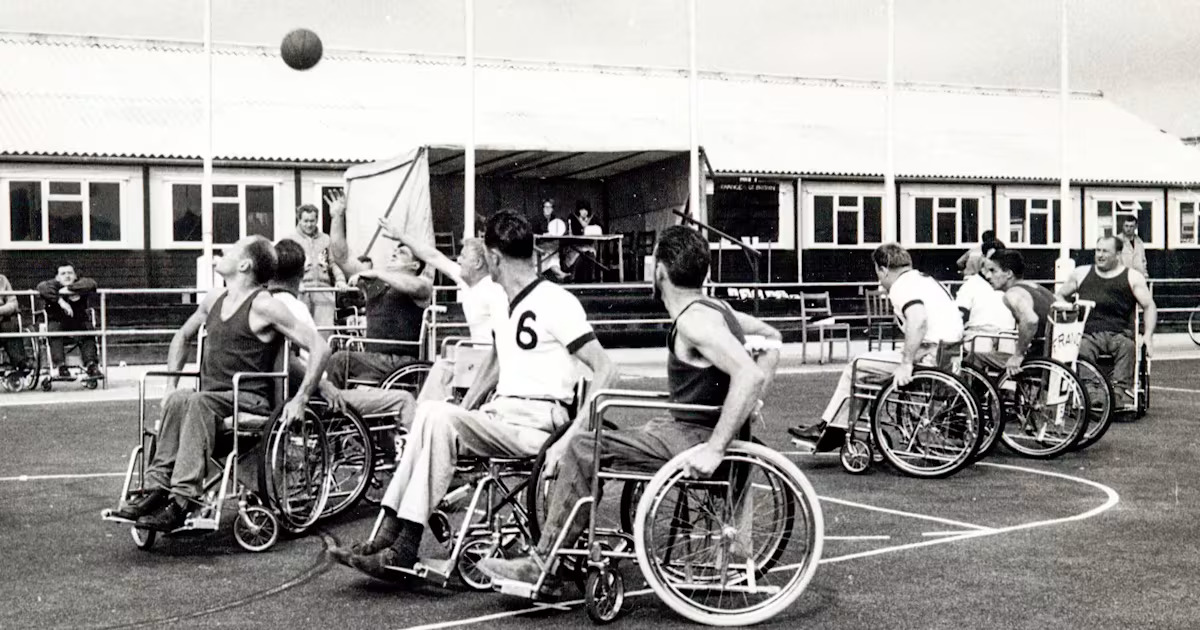 What Had Been The Indian History In Paralympics
What Had Been The Indian History In Paralympics
India’s history in the Paralympics is a testament to the resilience and determination of its athletes, who have consistently overcome challenges to achieve remarkable success on the global stage. India’s journey in the Paralympics began in 1968 at the Tel Aviv Games, where it made its debut with two athletes. However, it wasn’t until the 1972 Heidelberg Games that India secured its first medal—a bronze in the men’s 50-meter freestyle swimming event won by Murlikant Petkar , a war veteran who lost his arm during the 1965 Indo-Pak war. This historic achievement set the stage for India’s growing presence in the Paralympics, despite facing significant hurdles such as lack of infrastructure, funding, and awareness.
Over the years, Indian Paralympians have made significant strides, particularly in the 21st century. The 2004 Athens Games saw India win its first gold medal, with Devendra Jhajharia clinching victory in the men’s javelin throw, a feat he repeated in 2016 in Rio, becoming the first Indian Paralympian to win two gold medals. The 2016 Rio Paralympics marked a turning point for India, with athletes bringing home four medals, including two golds, and raising the profile of para-sports in the country. The most successful outing, however, came at the Tokyo 2020 Paralympics, where India won a record 19 medals, including five golds, showcasing the nation’s growing prowess in para-athletics, shooting, and badminton. Athletes like Avani Lekhara , who became the first Indian woman to win a Paralympic gold, and Sumit Antil , who set a world record in javelin, have become symbols of India’s potential in para-sports.
India’s history in the Paralympics is not just about medals but also about the broader impact on society. The success of Indian Paralympians has brought much-needed attention to the challenges faced by people with disabilities in the country, leading to greater support and investment in para-sports. The achievements of these athletes have inspired a new generation of sports enthusiasts and highlighted the importance of inclusion and equal opportunities. As India continues to build on its Paralympic legacy, the future looks promising, with a growing number of athletes, improved infrastructure, and increasing public and governmental support, all contributing to a more inclusive sporting culture in the country.
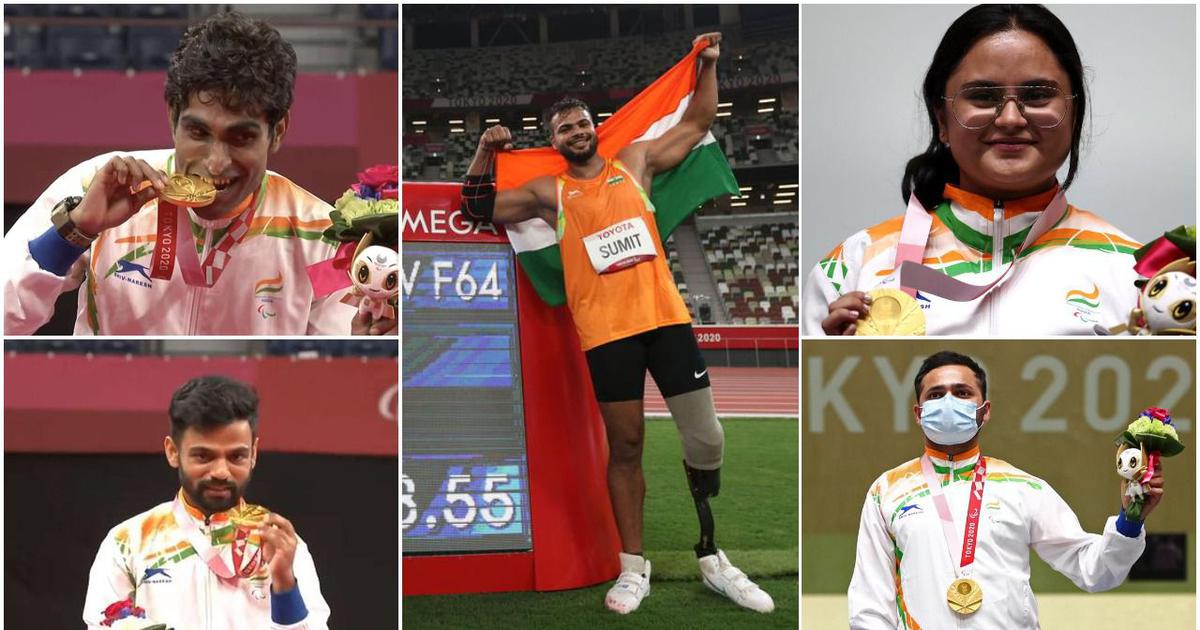 What We Can Expect From Our Paralympics Athletes And Where Can We See This
What We Can Expect From Our Paralympics Athletes And Where Can We See This
As India continues to build on its recent successes in the Paralympics, expectations are high for future performances from its Paralympic athletes. Given the country’s strong showing at the Tokyo 2020 Paralympics, where India secured a record 19 medals, there is every reason to anticipate even greater achievements in upcoming games. Indian para-athletes like Avani Lekhara , Sumit Antil, and Devendra Jhajharia have set new benchmarks with their world-class performances, and they are likely to inspire more athletes to reach similar heights. As more resources and support are funneled into para-sports , we can expect Indian athletes to continue breaking barriers, setting new records, and expanding their presence across various sports categories.
Looking ahead, fans and supporters can expect India’s Paralympians to bring home more medals, particularly in sports where they have shown strong potential, such as para-athletics, shooting, badminton, and javelin throw. With the increased focus on training, better facilities, and more comprehensive coaching, India’s Paralympians are poised to compete at the highest levels, with the potential to challenge the world’s best. Additionally, the growing recognition and support for para-sports within India suggest that more talented athletes will emerge, further boosting the country’s chances on the global stage.
To watch and support India’s Paralympic athletes, JioCinema is an excellent platform that provides extensive coverage of the Paralympic Games. JioCinema offers live streaming of events, replays, and highlights, ensuring that fans can follow the action as it happens. Additionally, JioCinema is accessible on various devices, making it convenient for viewers to support their favorite athletes from anywhere. As the Paralympics continue to gain prominence, JioCinema is likely to offer even more comprehensive coverage, allowing Indian audiences to stay connected with the inspiring performances of their Paralympic champions on the global stage.
Apart from our above opinion on the Paralympian athletes performance, there are a lot of other travel blogs, food blogs, lifestyle blogs & entertainment-related content that you can go through. To find these kinds of content Bon-Voyage is the best platform to enjoy the content in the same way and gauge some information out of it as well. To explore their content which is a perfect blend of relatable information with a punch of new-age content representation. You can anytime visit the categories of Bon-Voyage i.e.travel blogs, food blogs, lifestyle blogs & entertainment, and enjoy their content.

